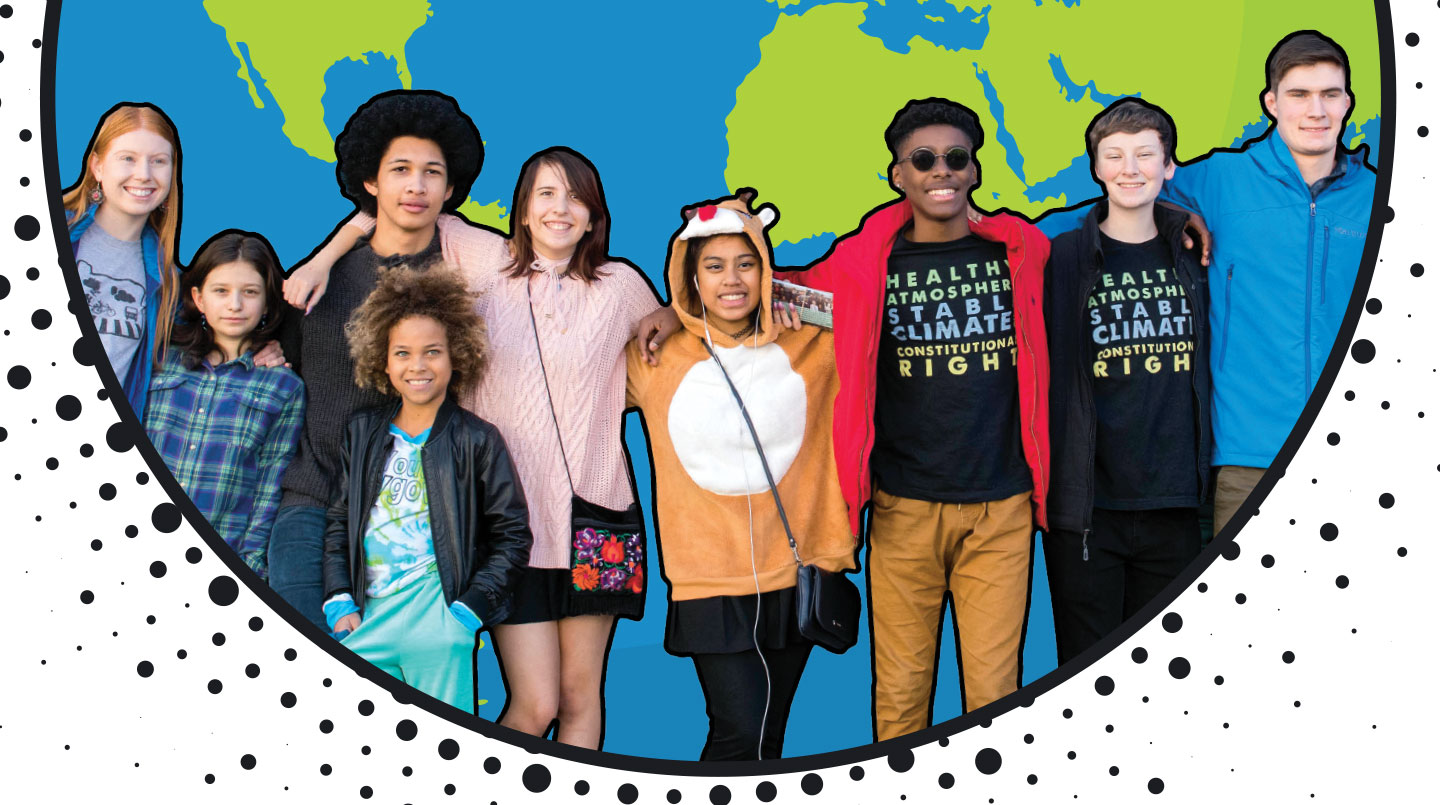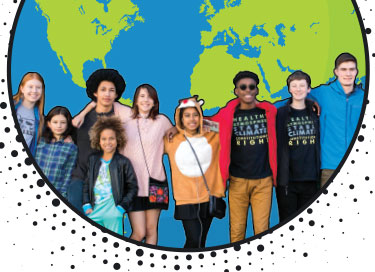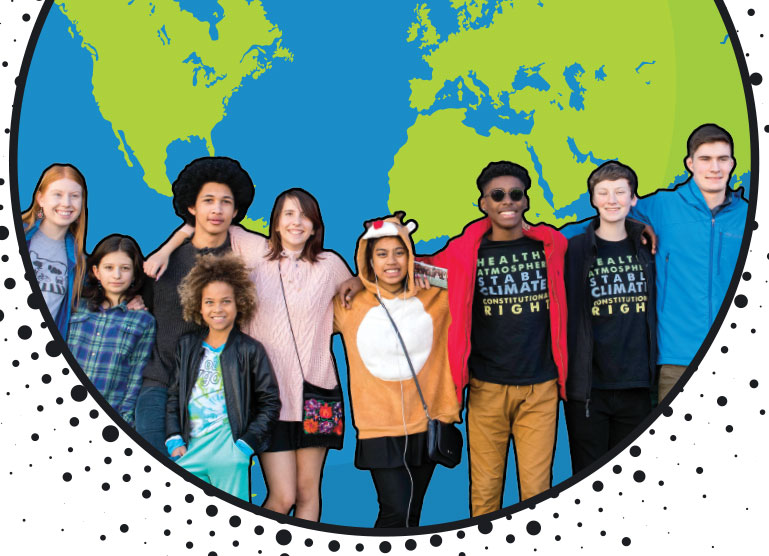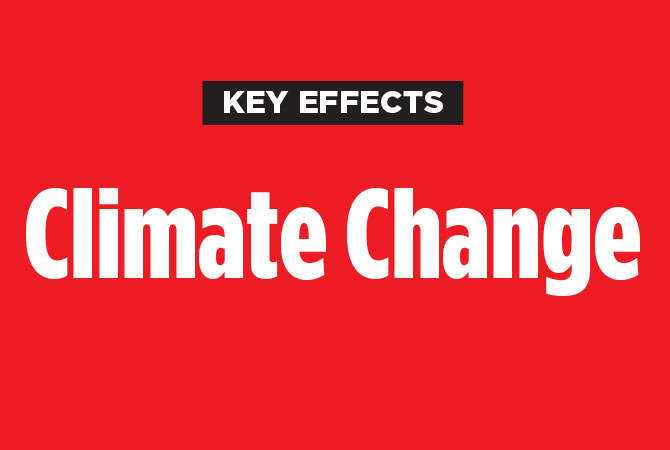Can young people save the planet? Twenty-one of them are attempting to do just that—through America’s courts. They have filed a lawsuit against the United States government, demanding that it take immediate action to slow climate change.
Scientists say the effects of
The
“We need pressing, urgent, aggressive action,” says Kelsey Juliana, 23, of Eugene, Oregon, one of the plaintiffs. “We’re talking about the survival of humanity.”
The lawsuit could force the government to make some hard decisions—and determine if Americans, including you, have a right to a stable climate. Here is what you need to know.








